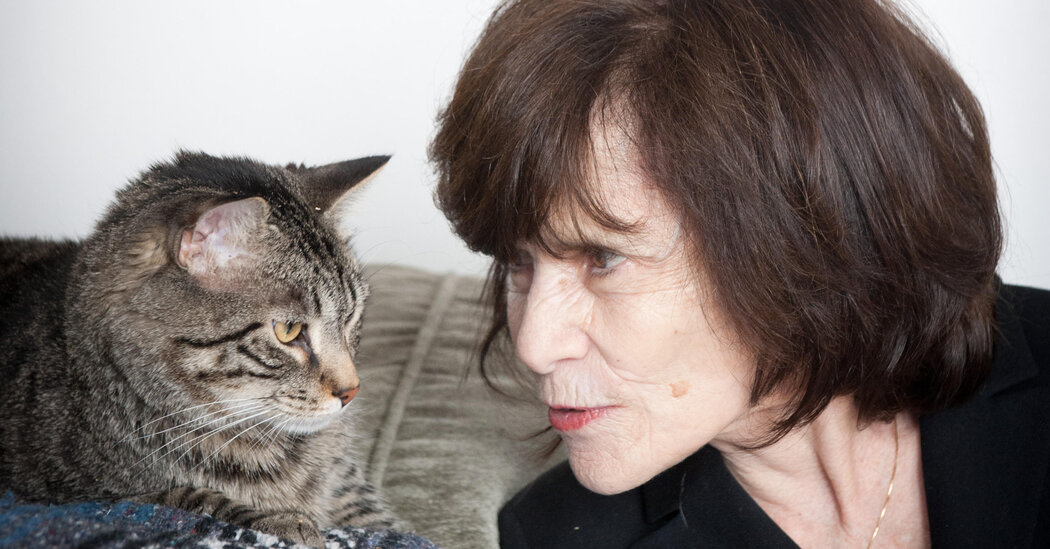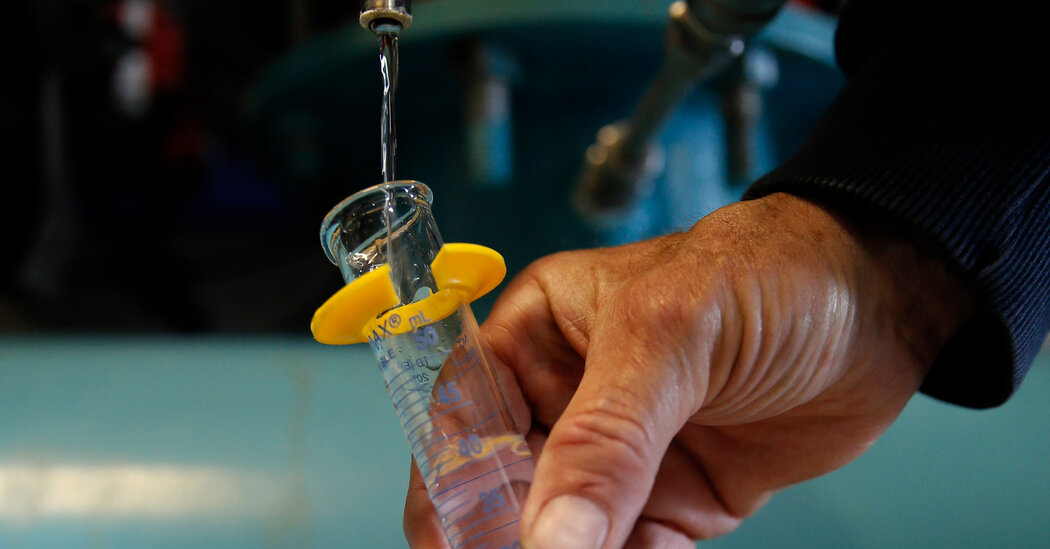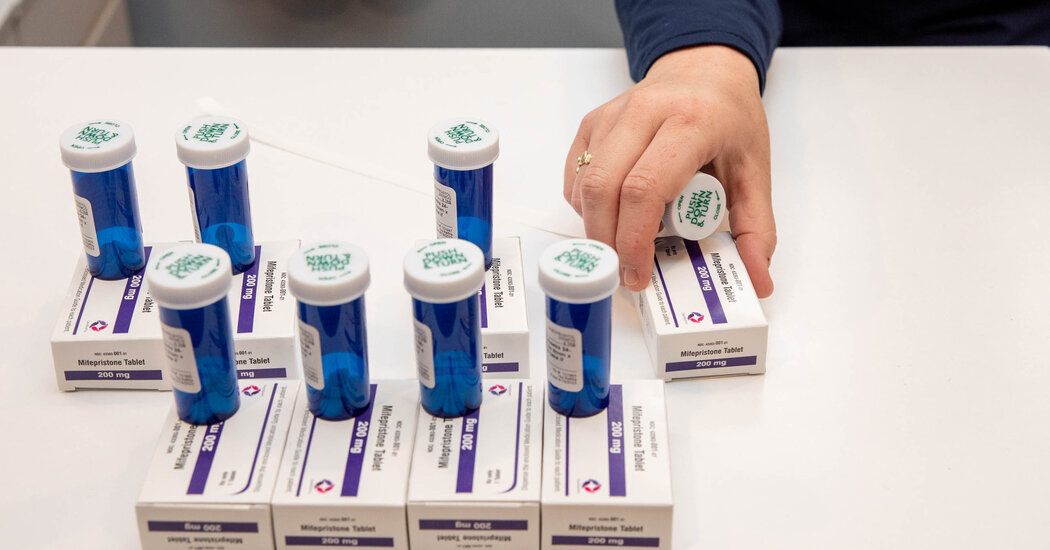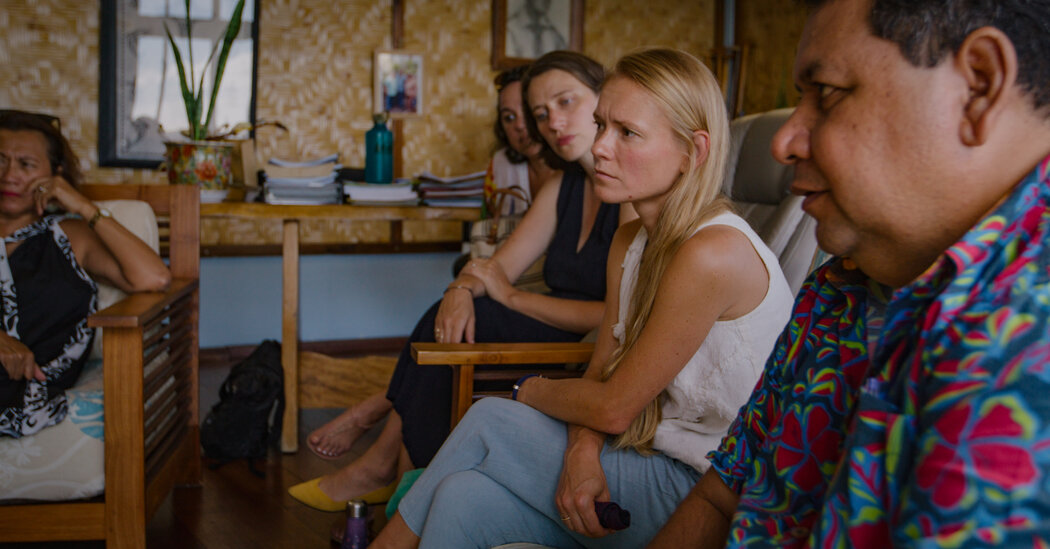A committee of advisers to the Food and Drug Administration voted on Wednesday to update the formula for the Covid vaccine ahead of an anticipated fall immunization campaign, now an annual step to try to offer better protection against versions of the virus in circulation.
The unanimous vote by the 16 advisers recommends a formula aimed at combating the variant JN.1, which dominated infections in the United States in February, or a version of it. In recent weeks, JN.1 has been overtaken by descendants known as KP.2 and KP.3.
In the coming weeks, the F.D.A. is expected to formally recommend a variant target for vaccine makers for the next round of shots in the late summer or early fall. Any decision involves some educated guesswork, given that any new vaccine formula won’t be available until months after a variant becomes dominant.
“It’s becoming clear that the ideal timing for a vaccine composition decision remains elusive,” said Jerry Weir, an official with the F.D.A.’s vaccine division.
Dr. Peter Marks, who oversees that division, urged the committee to consider encouraging the mRNA vaccine makers to focus on the latest versions of the virus in broader circulation.
“We always say we shouldn’t be chasing strains, but we’re paying an incredibly high premium for mRNA vaccines to be able to have the freshest vaccines,” he said, referring to the technology used by Moderna and Pfizer. He compared the choice of a vaccine to selecting fresher milk at the grocery store.
“If this evolves further in the fall, will we regret not having been a little bit closer?” Dr. Marks asked.
But Dr. Sarah Meyer, a senior vaccines official at the Centers for Disease Control and Prevention, said that aiming at JN.1 was more appropriate because it was “further up on the tree” in the evolution of the coronavirus, possibly allowing the vaccines to better cover mutations in the virus later this year.
The federal government’s plans for a Covid inoculation campaign, she added, had assumed the distribution of a JN.1 option.
“I think it’s just really hard to predict what is going to happen and where things are going to go,” she said.
The decision by advisers on Wednesday aligned with guidance from the World Health Organization expert committee, which recommended in April that Covid vaccines switch to a JN.1 formulation.
The F.D.A. advisers reviewed data showing that as of late May, the KP versions of the virus accounted for roughly half of coronavirus cases across the nation, a sign that they would continue to spread more broadly than JN.1.
Representatives of Moderna and Pfizer said that the companies would be ready to produce either version of the vaccine.
Novavax, which uses a different vaccine-development technology, said that it would target JN.1. Dr. Robert Walker, the chief medical officer for the company, said it would be effective in neutralizing the KP strains.
Studies have shown that protection tends to improve as the vaccines more precisely target dominant variants, according to the F.D.A.
On Wednesday, federal officials presented an optimistic portrait of the nation’s fight against Covid. Cases were relatively low, said Natalie J. Thornburg, a C.D.C. official, with data showing that illnesses from JN.1 were not more severe than those from earlier variants.
Fewer than 400 Covid deaths a week have been recorded recently, down from a peak of roughly 2,500 a week over the winter, according to initial data collected by the C.D.C. Older Americans represented a significant portion of patients hospitalized with Covid.
Last year’s coronavirus vaccination rate was tepid. In March, C.D.C. researchers reported that only 18 percent of immunocompromised adults had received the updated vaccine, which provided increased protection against hospitalization. More broadly, just over 20 percent of adults received the shot, C.D.C. data show.
The lukewarm embrace of updated immunizations extended to nursing home residents, who have been among those most likely to suffer from severe illness, hospitalization or death. Data from the C.D.C. showed that in May, about 30 percent of nursing home residents were up-to-date on their Covid shots, down from 65 percent two years ago.







